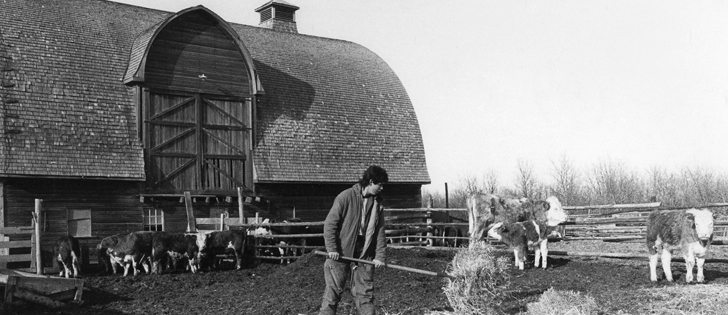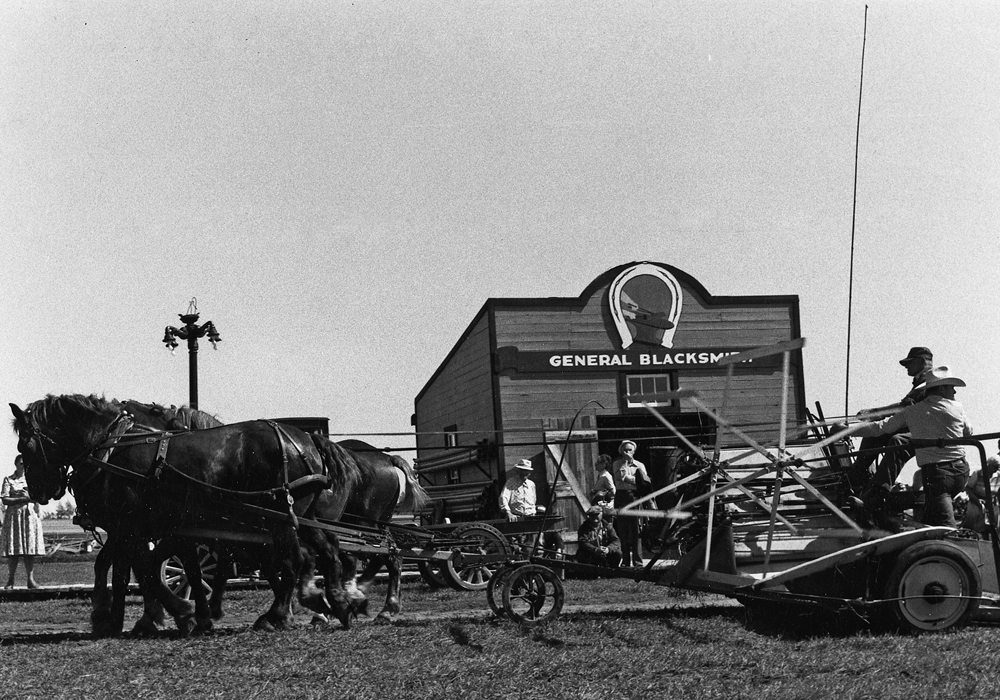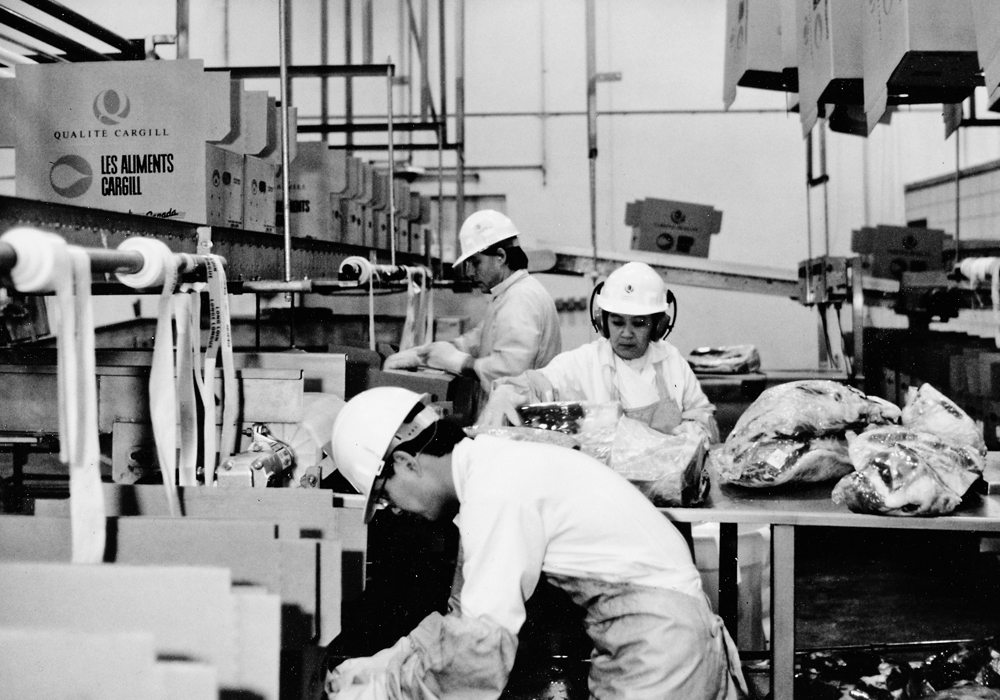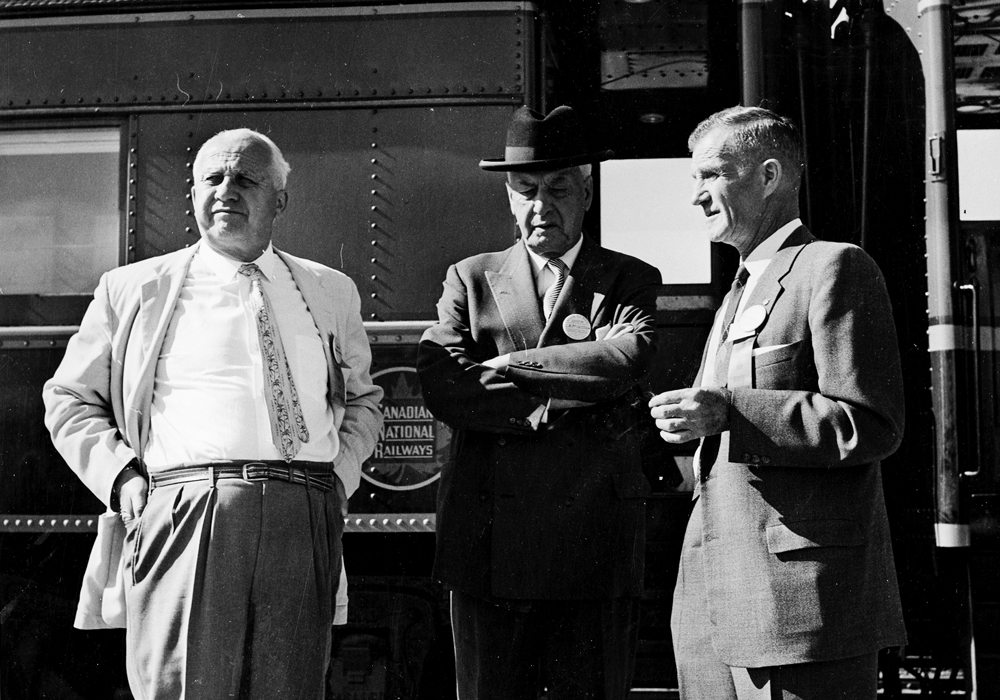The Western Producer takes a weekly look at some of the stories that made headlines in issues of the paper from 75, 50, 25 and 10 years ago.
75 years ago: Nov. 12, 1942
Manitoba Pool Elevators held a luncheon for 50 students from the Ontario Agricultural College who were in Western Canada to help with harvest. The event was held to thank the students for their assistance.
Wartime price controls were extended to include dressed lamb and dressed poultry. The Wartime Prices and Trade Board set maximum wholesale and retail prices on carcasses, sides and cuts of lamb and on all classes and grades of dressed poultry.
Read Also

Proactive approach best bet with looming catastrophes
The Pan-Canadian Action Plan on African swine fever has been developed to avoid the worst case scenario — a total loss ofmarket access.
50 years ago: Nov. 16, 1967
The Canadian Wheat Board planned to issue plastic cards imprinted with a farmer’s name, identification number, station number and a number designating the elevator company. The card would then be used by elevator agents to imprint standardized tickets when issuing a cash ticket. It was part of the grain trade’s efforts to computerize operations.
A National Beef Industry Committee was established under the auspices of the Canadian Cattlemen’s Association and the Canadian Federation of Agriculture. The committee planned to study the country’s grading system to see if it adequately reflected actual beef values to the producer.
25 years ago: Nov. 12, 1992
United Grain Growers delegates approved a plan to raise money by selling shares on the Toronto Stock Exchange. “It’s really a historic moment in our company’s history,” UGG president Ted Allen said.
The United States threatened to impose a 200 percent tariff on white wine, oilseeds and wheat gluten imported from the European Community unless the EC reduced its domestic oilseed subsidies and production.
Retaliation instead of capitulation from the EC would then potentially blow up into a trade war that could jeopardize the Dec. 31 deadline to reach a political deal at the General Agreement on Tariffs and Trade talks.
“It would be a disaster if this didn’t get sorted out,” said Ontario Federation of Agriculture president Roger George.
10 years ago: Nov. 15, 2007
A wide recall of beef products potentially carrying E. coli bacteria originating in Canada was feared to have hurt the reputation of the entire industry from farms to processors. The U.S. Department of Agriculture began double testing Canadian shipments after Canadian beef was linked to a massive recall that put a New Jersey processor out of business.
BASF announced it would eliminate production contracts for its herbicide tolerant wheat system and allow growers to save and regrow their seed.
“This was the grower feedback that we had, so we decided to make some changes to align with what our customers were asking us to do,” said BASF Canada Clearfield brand manager Scott Chapman.

















